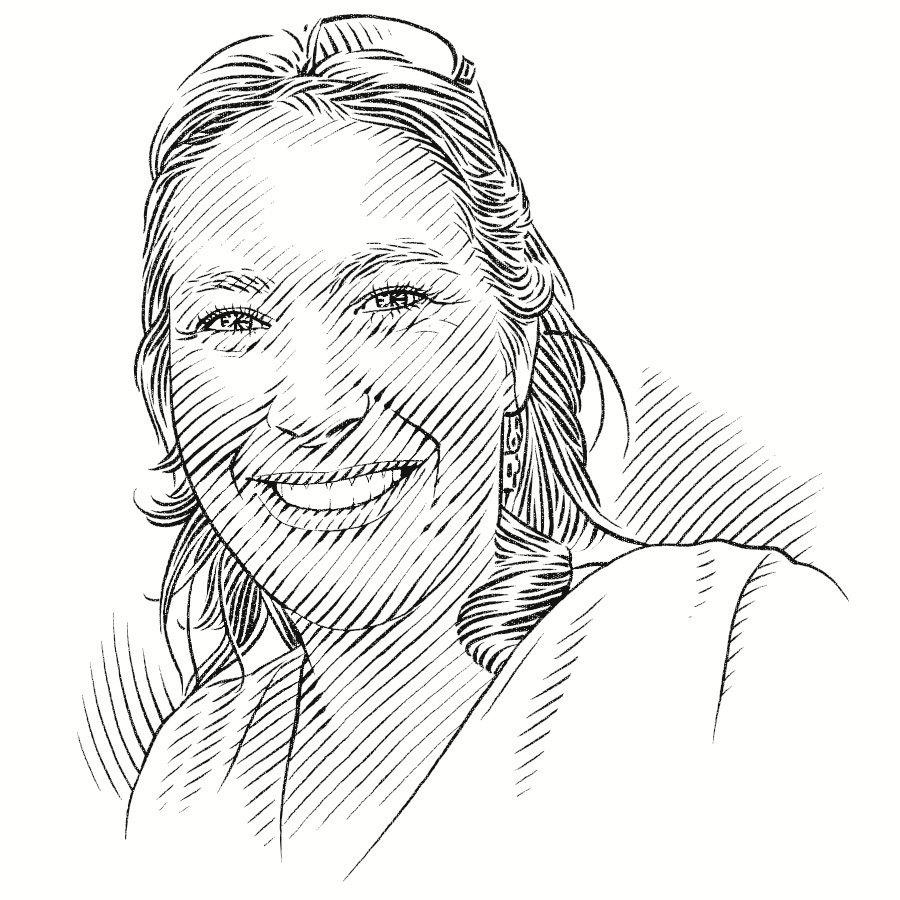Abbie Hine

Who I am
Having grown up by the British seaside and spent hours messing about in the water and on boats and beaches, I suppose it was inevitable that the marine environment would continue to be a permanent feature in my life. Yet I’m not sure I could ever have imagined that it would give me the career, experiences and opportunities in some outstanding parts of the world that it has.
A childhood spent mostly outdoors ingrained into me the need to respect and care for nature and the environment. Even from a young age, I never questioned that I wanted to work in conservation, but it wasn’t until my gap year, when I headed to the tropics and learned to dive, that my focus really began to develop.
With one degree to my name and the experience of a few years of working on marine research expeditions, I realised that how and what people are taught about the seas around them can influence their behaviour and their desire to protect them. My Masters degree in coastal tropical management developed this insight further, and my research paper looked into how marine education can be used as a form of management to reduce damage to coral reefs. I subsequently worked for three years as a resident marine biologist at luxury resorts in the Maldives.
In 2007, while working in the Maldives, I was in the right place at the right time to come into contact with the Save Our Seas Foundation (SOSF). I was working on a coral propagation assignment and SOSF asked me to take this experience over to the Kingdom of Saudi Arabia, where I set up a small reef restoration project and conducted some marine education classes for the Foundation. The education element of this undertaking expanded and moved to the Seychelles where, for the past three years, I have been coordinating a large marine awareness project.
Where I work
The Seychelles is a country of outstanding natural beauty with very diverse coastal and oceanic habitats. As a nation, however, it relies heavily on its marine resources, focusing on tourism and fisheries as its main economic activities. Due to poor public awareness of their importance and a lack of sustainable development, these marine resources face serious depletion – and the conservation consequences of that would be extremely severe.
In order to counter the depletion it is important to change opinions and behaviour – and the best way to do that is to educate people. Enthusiastic and passionate teaching combined with visual aids, in-water experiences and a more penetrating look into the intricacies of the marine environment can lead to improvements in environmental stewardship and a renewal of the feeling of ownership.
What I do
The ocean awareness project is both lively and productive, taking marine education into schools throughout the Seychelles and also into the nation’s tourist resorts. To date, the project has passed an awareness of the marine environment on to thousands of local schoolchildren aged between three and 18, as well as to hundreds of teachers and tourists and the wider Seychelles community.
Education is a brilliant way to increase our enjoyment of the oceans and the life within them. More importantly, it is key to helping to preserve the marine environment. Education can stir a sense of wonder for the beauty of oceans and a compassion for their vulnerability.
